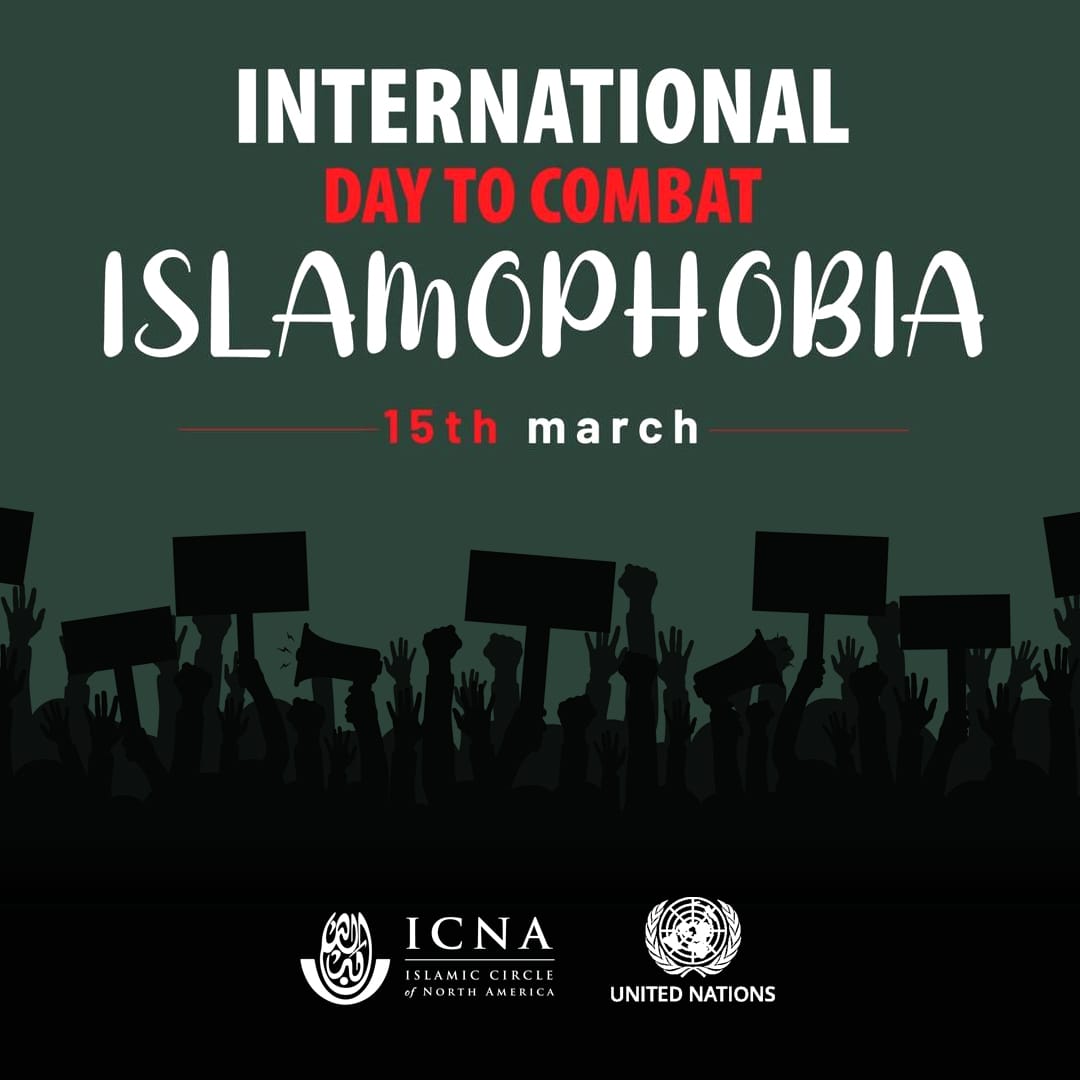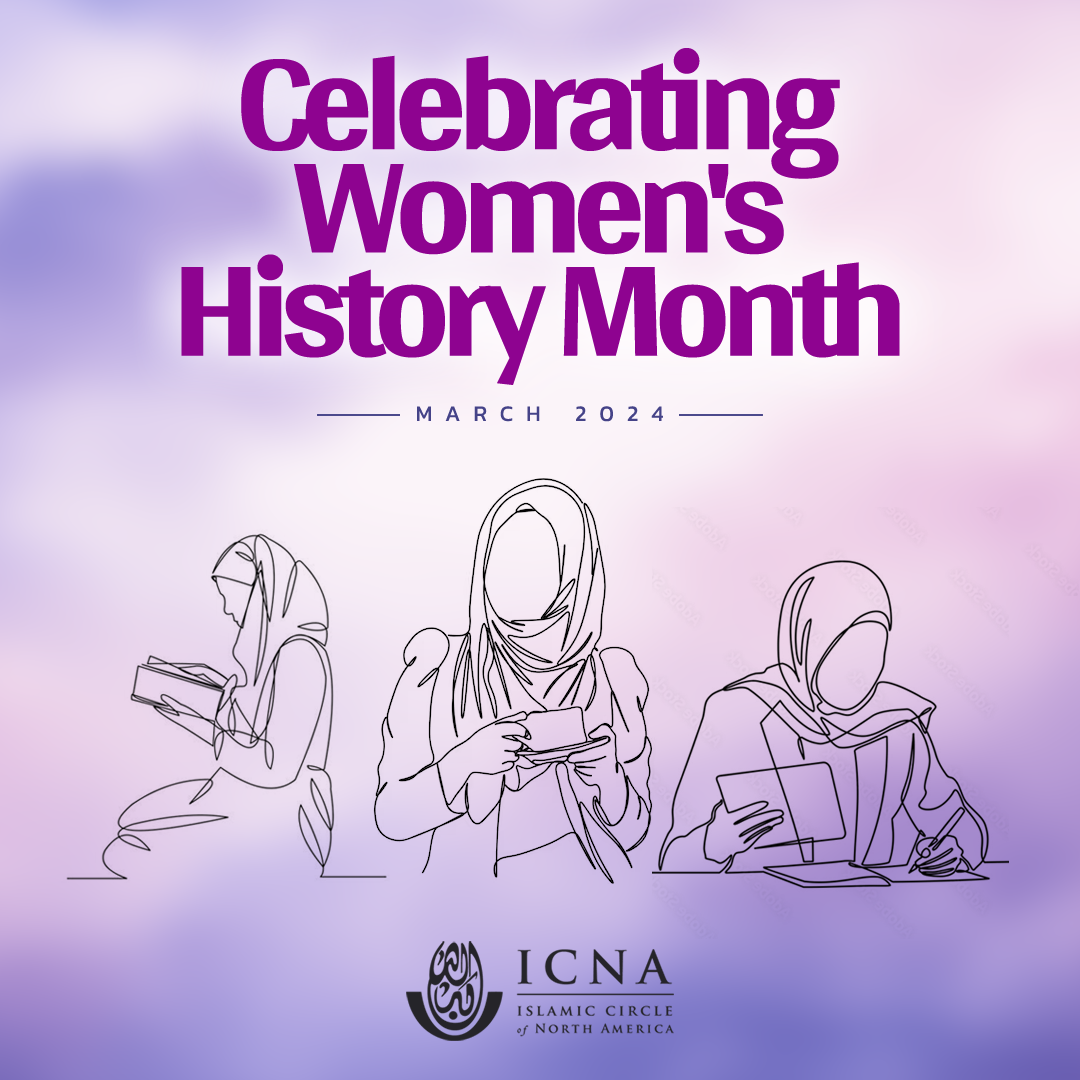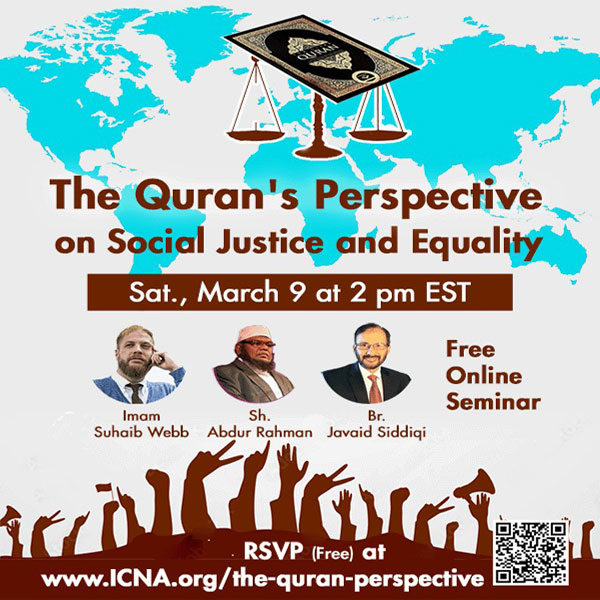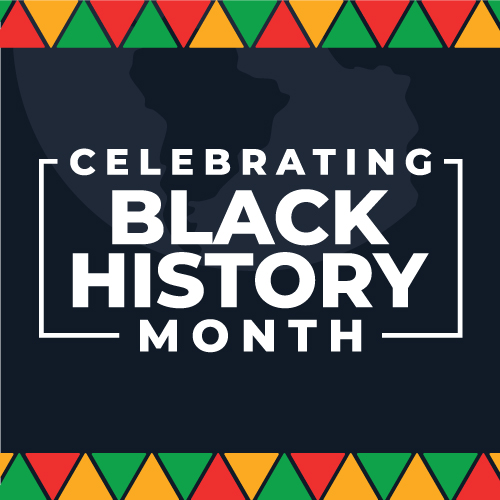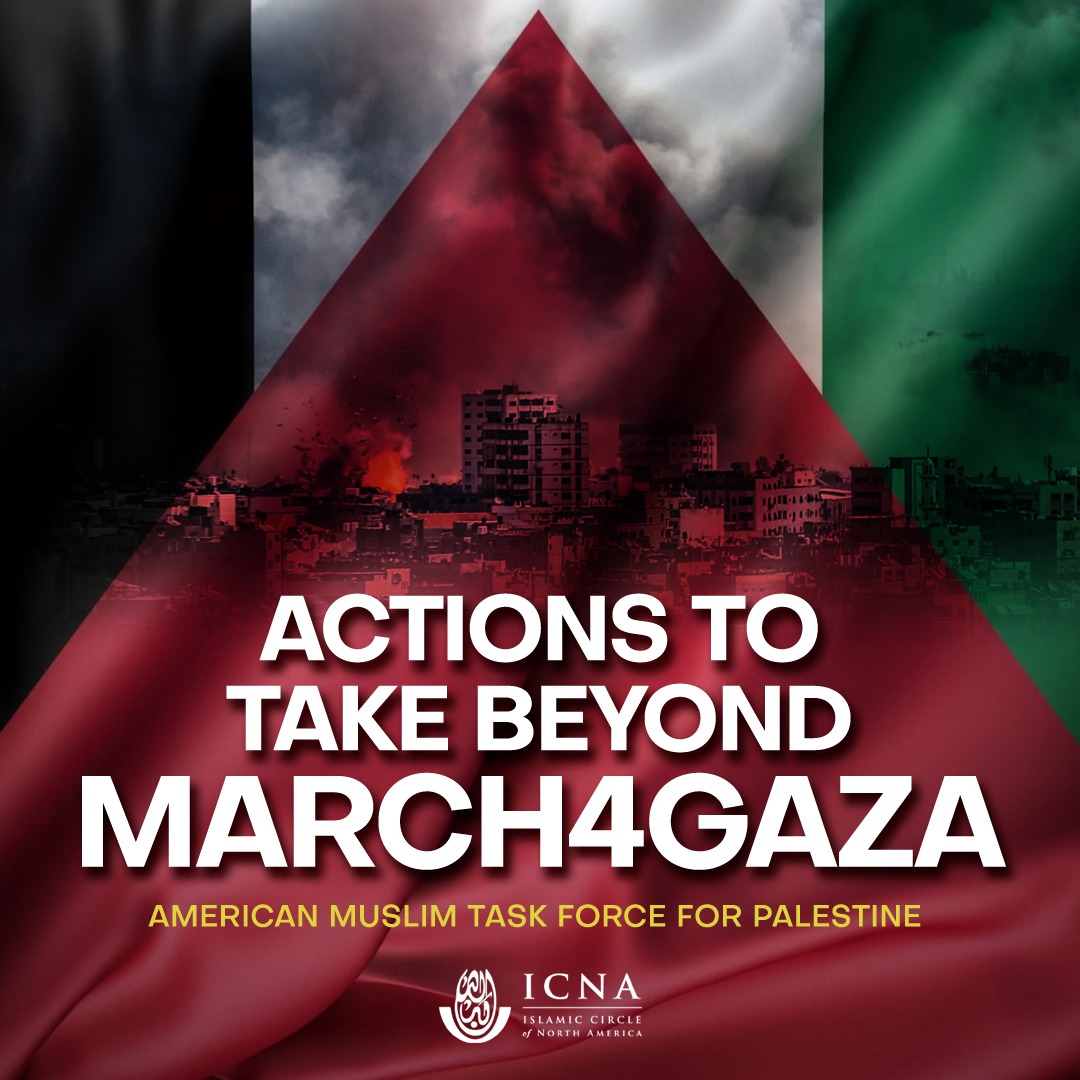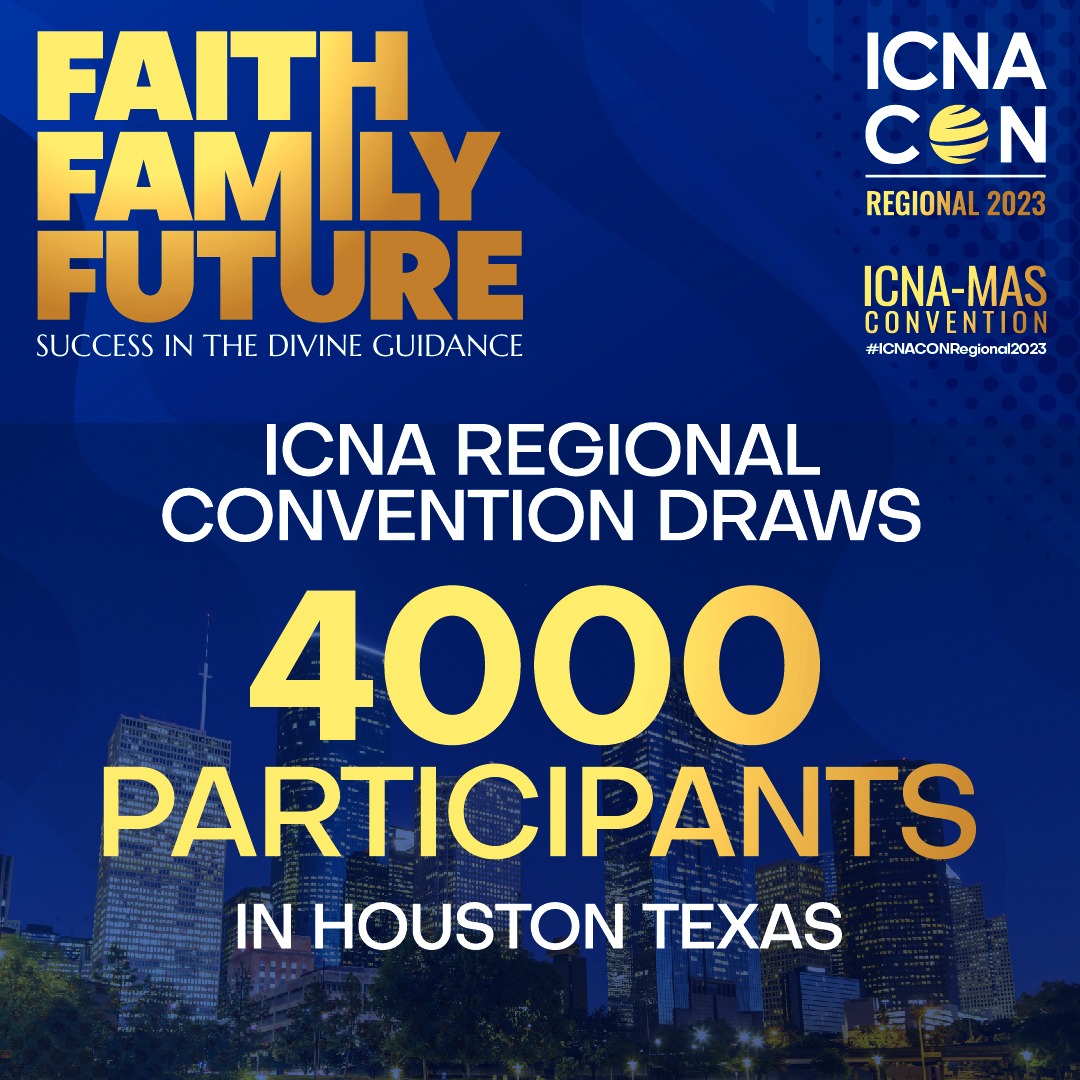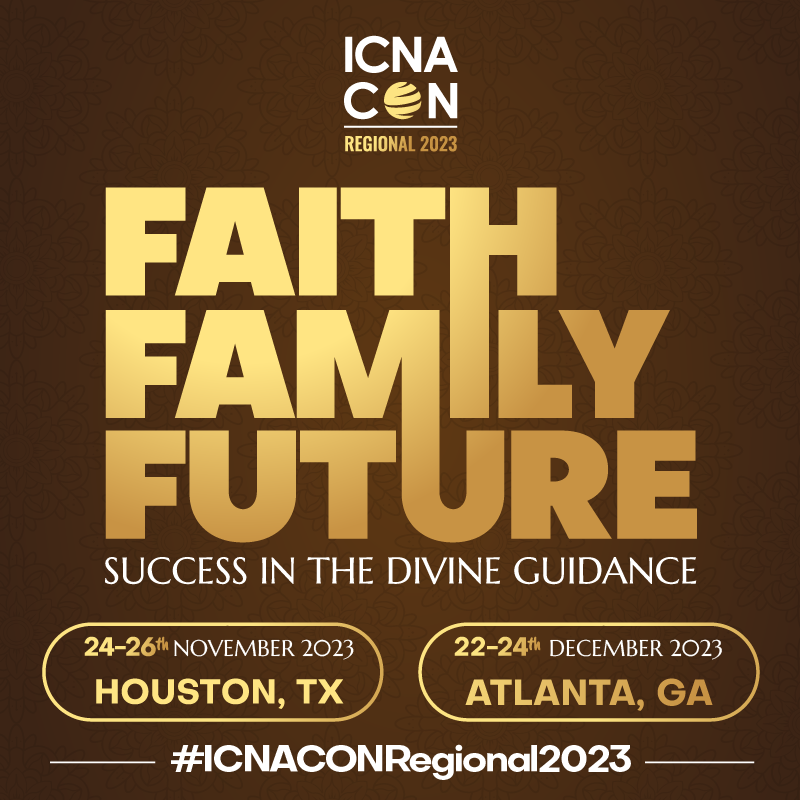Celebrating Women’s History Month Each March, the global community comes together to celebrate Women’s History Month, a dedicated time to acknowledge the achievements, contributions, and struggles of women throughout history. Central to this celebration is the recognition of women’s accomplishments across various fields and endeavors. From pioneering breakthroughs in science and technology to reshaping political landscapes and enriching the arts, women have left a permanent mark on societies, propelling human knowledge and progress forward. Women’s History Month serves as a beacon, shining a light on the remarkable contributions of women across generations while reminding us of the ongoing quest for gender equality and empowerment. The roots of Women’s History Month can be traced back to the United States, where it originated as a local celebration in Sonoma, California, in 1978. Over time, it gained momentum and by 1987, Congress declared March as the official Women’s History Month in the United States. Since then, nations around the world have united in honoring women’s history and progress. Women’s History Month serves as a poignant reminder of the ongoing struggle for gender equality and the imperative to address systemic barriers and injustices. Despite considerable progress, women still confront inequities in various spheres, including the workplace, politics, education, and healthcare. It underscores the enduring fight for equal rights, representation, and opportunities, particularly for women from marginalized communities. Throughout history, Muslim women have excelled in diverse fields, breaking barriers and challenging stereotypes along the way. In scholarship, achievers like Fatima al-Fihri, who founded the University of Al Quaraouiyine in 859 CE, paved the way for generations of women to pursue education and intellectual inquiry. In the sciences, figures like Maryam al-Ijliya, a 10th-century mathematician, and physicist, made significant contributions to fields such as algebra and astronomy, laying the groundwork for future advancements. In the arts and literature, Muslim women have produced timeless works of poetry, literature, and visual arts that continue to inspire audiences globally. From the mystical poetry of Rabi’a al-Adawiyya to the lyrical prose of Leila Aboulela, Muslim women have utilized their creative talents to explore themes of identity, spirituality, and social justice. Moreover, Muslim women have been at the forefront of social and political movements, advocating for human rights, gender equality, and social justice. From Malala Yousafzai’s unwavering commitment to girls’ education to Tawakkol Karman’s pioneering activism for peace and democracy in Yemen, Muslim women have displayed courage and resilience in the face of adversity. Despite encountering unique challenges in their pursuit of equality and empowerment, including discriminatory laws, cultural norms, and gender-based violence, Muslim women continue to navigate complex intersections of identity and oppression with tenacity. Let us draw inspiration from the pioneers who have paved the way for progress and empower the next generation of women leaders, innovators, and change-makers. Together, we can build a future where gender equality is not only a goal but a reality, where women’s contributions are celebrated and valued, and where every individual has the opportunity to live with dignity, respect, and equality. Let’s uplift their voices, amplify their stories, and recognize their invaluable contributions to our communities and our world. As we celebrate Women’s History Month, let us honor the past, embrace the present, and envision a future where the achievements and aspirations of women are celebrated every day of the year.
